To provide the best experiences, we use technologies like cookies to store and/or access device information. Consenting to these technologies will allow us to process data such as browsing behaviour or unique IDs on this site. Not consenting or withdrawing consent, may adversely affect certain features and functions.
The technical storage or access is strictly necessary for the legitimate purpose of enabling the use of a specific service explicitly requested by the subscriber or user, or for the sole purpose of carrying out the transmission of a communication over an electronic communications network.
The technical storage or access is necessary for the legitimate purpose of storing preferences that are not requested by the subscriber or user.
The technical storage or access that is used exclusively for statistical purposes.
The technical storage or access that is used exclusively for anonymous statistical purposes. Without a subpoena, voluntary compliance on the part of your Internet Service Provider, or additional records from a third party, information stored or retrieved for this purpose alone cannot usually be used to identify you.
The technical storage or access is required to create user profiles to send advertising, or to track the user on a website or across several websites for similar marketing purposes.
 Employees are more likely to resist beneficial organisational changes if they contradict historic firm values according to research from Imperial College Business School. The COVID-19 pandemic has forced organisations all over the globe to rethink how they do business, yet it may not be easy to make lasting change if new organisational practices grate against traditional, deeply-held values. (more…)
Employees are more likely to resist beneficial organisational changes if they contradict historic firm values according to research from Imperial College Business School. The COVID-19 pandemic has forced organisations all over the globe to rethink how they do business, yet it may not be easy to make lasting change if new organisational practices grate against traditional, deeply-held values. (more…)





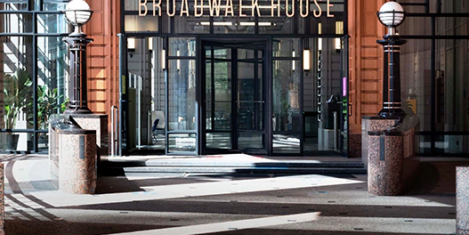

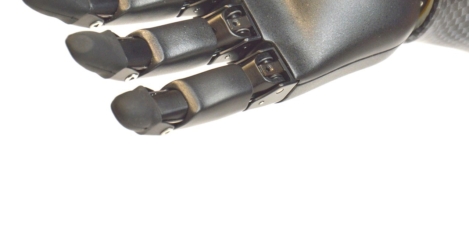
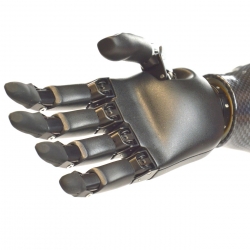 The number of technology job listings in the UK declined by 57 percent during the past year, with fewer than 55,000 open roles advertised, according to the latest UK Tech Talent Tracker from
The number of technology job listings in the UK declined by 57 percent during the past year, with fewer than 55,000 open roles advertised, according to the latest UK Tech Talent Tracker from 
 A report released by
A report released by 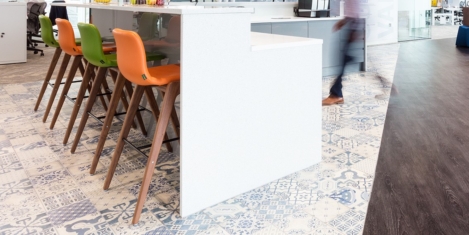
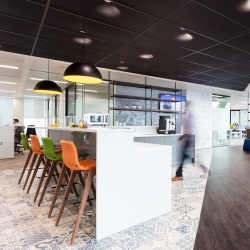 You may have heard it said that any idea repeated often enough develops some form of legitimacy. We’ve had plenty of reason to reflect on whether this notion is true or nor over the past year, especially as all-encompassing pronouncements about the future of work have proliferated and intensified. The problem is exacerbated by the fact that around 80 percent of people
You may have heard it said that any idea repeated often enough develops some form of legitimacy. We’ve had plenty of reason to reflect on whether this notion is true or nor over the past year, especially as all-encompassing pronouncements about the future of work have proliferated and intensified. The problem is exacerbated by the fact that around 80 percent of people 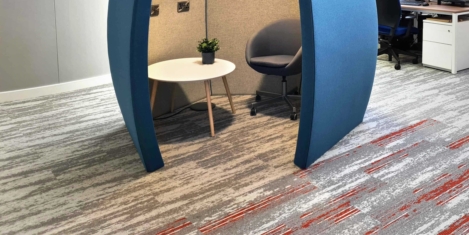
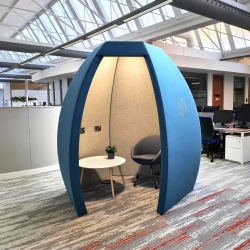 With workplaces up and down the country now following new rules and regulations – and with online meetings also the order of the day – colleagues everywhere may be feeling demotivated.
With workplaces up and down the country now following new rules and regulations – and with online meetings also the order of the day – colleagues everywhere may be feeling demotivated. 
 Around a half (51 percent) of employees believe job security and flexibility (40 percent) are more important than salary (32 percent) when considering whether to remain at their current employer, according to a new report by UK law firm,
Around a half (51 percent) of employees believe job security and flexibility (40 percent) are more important than salary (32 percent) when considering whether to remain at their current employer, according to a new report by UK law firm, 
 A
A 


 Temporary moves boost creativity according to new research from
Temporary moves boost creativity according to new research from 
 During the pandemic, 1 in 4 (25 percent) employees say they’ve had no wellbeing check-ins from their workplace. The research from
During the pandemic, 1 in 4 (25 percent) employees say they’ve had no wellbeing check-ins from their workplace. The research from 







March 23, 2021
Sustainable office design will not be possible until we are clear about a few things
by Joanna Knight • Comment, Environment, Furniture, JK, Workplace design